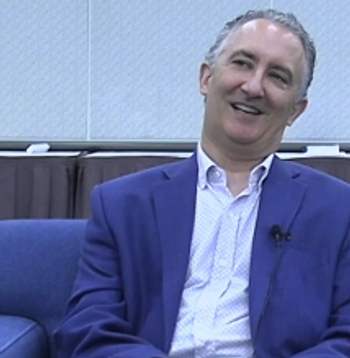
Petition Against DSM-5 Gets Off To Racing Start: A Game Changer?
Just a few days ago, 3 divisions of the American Psychological Association posted a well crafted open letter spelling out the many risks posed by DSM-5 and inviting mental health professionals to sign a petition requesting much needed changes. You can see the letter and (if you agree with it) sign the petition at http://www.ipetitions.com/petition/dsm5/
Just a few days ago, 3 divisions of the American Psychological Association posted a well crafted open letter spelling out the many risks posed by DSM-5 and inviting mental health professionals to sign a petition requesting much needed changes. You can see the letter and (if you agree with it) sign the petition at
The posting was done in a singularly obscure way -- on a weekend, with no press release, no Facebook, no Twitter-- no promotion at all. Remarkably, more than a than 1000 mental health professionals signed the petition in just its first 4 days-- and the numbers are growing steadily and at an increasing rate.
It is far too early to predict how many people will eventually sign on and what impact, if any, the petition will have on the APA. I have heard that the APA and the DSM-5 leadership are aware of the letter and petition, but plan no formal response. They hope to ride out the storm of opposition mounting on all sides (detailed in a previous blog) and dismiss it as the work of professional rivals or antipsychiatry malcontents. Characteristically, DSM-5 offers no rebuttal based on evidence. Instead, it stubbornly soldiers on in its promotion of radical diagnostic changes that are risky, untested, unsupported by a strong science base, and vigorously opposed by the field.
Let's be clear. The general opposition to DSM-5 is simply that -- opposition to DSM-5, not to psychiatry. Hiding behind the excuse that critics are impugning psychiatry because they are afraid of DSM-5 just wont cut it. Sure there are some in the anti-psychiatry crowd enjoying this sad fiasco, but they are a tiny minority and their existence should not warrant giving DSM-5 immunity from the criticism it so justly deserves.
The really unexplainable paradox is the APA's systematic promotion of greater diagnostic inflation at a time when we are already so obviously plagued by diagnostic inflation, fad diagnoses, and false epidemics. Unless it comes to its senses, DSM-5 will promote greater drug use exactly when we have a public health problem caused by the inappropriately loose prescription of antipsychotics, antidepressants, antianxiety agents, pain medicines, and stimulants. The paradox is that, contrary to conspiracy theorists, the DSM-5 experts are not making their risky suggestions because of financial conflict of interest or the desire to line drug company pockets. They have the best of intentions, but are terminally nave about how their suggestions will be misused in actual everyday practice mostly by primary care physicians who do most of the inappropriate prescribing.
Can anything force the APA to produce a safe DSM-5? Probably only one thing -- a massive buyers' revolt is our last chance since DSM-5 has shrugged off everything else. Tens of thousands of people signing the petition will get the APA's attention that reasoned argument has so far filled to attract. Given the fast start, the petition has a fair chance of snowballing and becoming a game changer-- but only time will tell.
Newsletter
Receive trusted psychiatric news, expert analysis, and clinical insights — subscribe today to support your practice and your patients.







